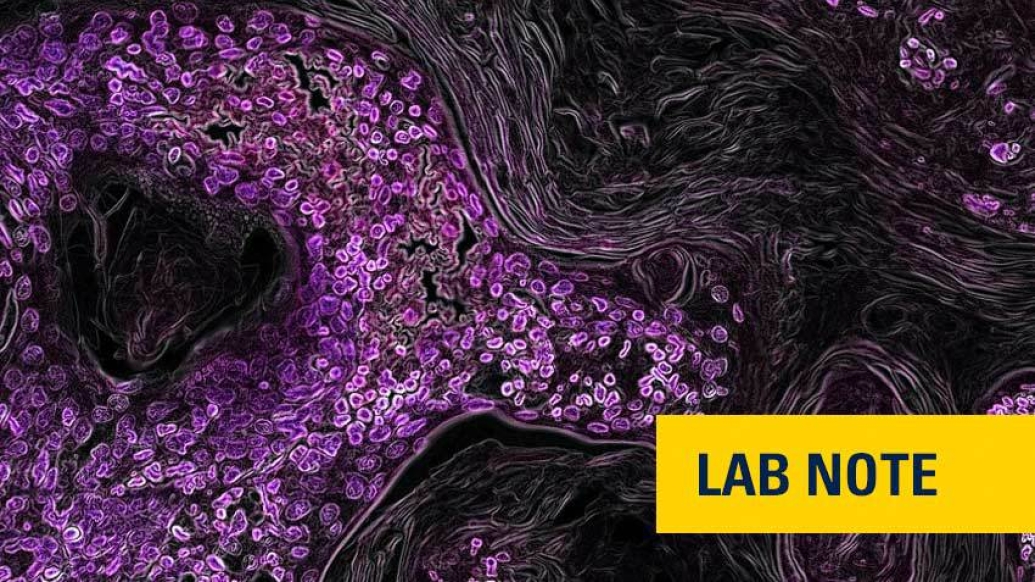Stopping the interaction between KRAS and the protein AGO2 slowed tumor growth in mouse models.
3:00 PM
Author |

KRAS is one of the most common drivers of cancer and is involved in one-third of non-small cell lung cancers. It's proved an elusive target thanks to its smooth structure and biochemistry. And although new inhibitors are demonstrating some success against one type of KRAS, new paths are needed.
A study from University of Michigan Rogel Cancer Center researchers found that a protein called AGO2 could be a key. Researchers looked at multiple mouse models of KRAS-driven non-small cell lung cancer, the most common type of lung cancer. Knocking down AGO2 slowed tumor growth, blunted aggressive features and blocked KRAS signaling.
AGO2 is a protein that plays a role in silencing genes and processing microRNA. The team had previously found AGO2 interacts with both mutated and normal KRAS. They also found AGO2 is critical for the progression of benign precursor lesions into pancreatic cancer.
"We provide strong in vivo evidence for the role of AGO2 in mediating KRAS-driven lung cancer. Targeting this interaction may be a promising approach for non-small cell lung cancer and other KRAS-driven cancers," says senior study author Arul Chinnaiyan, M.D., Ph.D., director of the Michigan Center for Translational Pathology and S.P. Hicks Endowed Professor of Pathology at Michigan Medicine.
Paper cited: "AGO2 promotes tumor progression in KRAS-driven mouse models of non-small cell lung cancer," PNAS. DOI: 10.1073/pnas.2026104118

Explore a variety of healthcare news & stories by visiting the Health Lab home page for more articles.

Department of Communication at Michigan Medicine
Want top health & research news weekly? Sign up for Health Lab’s newsletters today!





